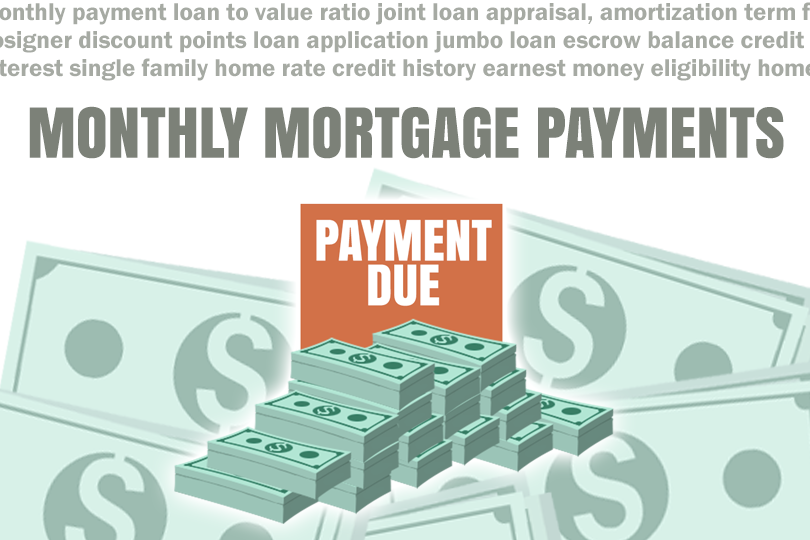Paying Off Your Mortgage Early
May 21, 2025
Others want to pay more and pay off their mortgage as early as possible. Several strategies can speed up the process for those who find the benefits of early payoff more attractive.
Making Extra Payments: This is the most direct method.
Bi-weekly Payments: Instead of one monthly payment, make half a payment every two weeks. This equals 26 half-payments, or 13 full monthly payments, per year. The extra payment is applied to the principal balance. This can shorten the loan term but doubl check with your lender that extra payments are correctly applied to the principal.
Adding a Set Amount Monthly: Adding even a modest sum to each monthly payment, clearly designated for "principal reduction," can make a difference over time. For example, rounding up your payment or adding an extra $100 or $200 can be effective.
One Extra Payment Annually: Making one additional mortgage payment each year, perhaps from a tax refund or bonus, has a similar effect to bi-weekly payments.
Lump-Sum Payments: Applying larger, occasional amounts, such as an inheritance or a significant bonus, directly to the principal can greatly reduce the loan balance and speed up the payoff.
Refinancing to a Shorter-Term Loan: If your finances allow for higher monthly payments, refinancing from a 30-year mortgage to a 15-year or 10-year loan is an effective strategy.
Shorter-term loans typically have lower interest rates than 30-year loans, meaning more of each payment reduces principal from the start.
Monthly payments will be higher than those on a 30-year note, but the total interest paid will be much lower, and you will own the home free and clear much sooner.
Mortgage Recasting (or Re-amortization): This is a less common option for those who can make a large lump-sum payment. After the payment reduces the principal, the lender adjusts the monthly payments based on the new balance and the original remaining loan term.
This leads to lower monthly payments, improving cash flow, while keeping the original payoff date (though you can continue to pay the previous, higher amount to pay it off sooner). Some lenders offer to keep the payment the same and shorten the term. Not all lenders offer
recasting, and there might be a small fee.
The Prepayment Penalty: A Critical Consideration: Does your loan include a prepayment penalty? FHA mortgages do NOT feature these costs. The penalty is a fee some conventional lenders charge if you pay off all or a significant portion of your mortgage ahead of schedule.
It is worth noting that FHA mortgages do not permit the lender to add a prepayment penalty, so if you have an FHA loan or refinance into one, you won’t be charged extra for the privilege of paying off the loan ahead of schedule.

FHA Loan Articles
March 27, 2025Did you know there are FHA loans that let house hunters buy multi-family properties such as duplexes and triplexes? FHA rules for these transactions is found in HUD 4000.1, including owner-occupancy, require that one unit serve as the borrower’s primary residence. Some house hunters ask why this rule exists. Some believe the rule serves as a lender risk mitigation strategy.
March 25, 2025What does it take to sell a house purchased with an FHA mortgage? Are there special rules, restricrtions, or added considerations? We examine some key questions and their answers to FHA real estate sales issues.
March 24, 2025If you are selling a home, you may need to negotiate with buyers to fund their purchases with an FHA mortgage. What do you, as a seller, need to know about FHA mortgages and how they may differ from conventional loans? We examine some common issues.
March 24, 2025How much do you really know about how FHA home loan interest rates are set and what factors influence them before your lender makes you an offer? We explore some key points about FHA loan rates, FICO scores, and debt ratios.
March 11, 2025Adding a co-borrower to your FHA is a way to offset fears that you won't qualify for the mortgage on your own. An FHA loan co-borrower with a more substantial financial profile may offset the primary borrower's weaknesses, demonstrating a reduced risk to the lender. But for an FHA loan, don't assume that one borrower with good credit scores can offset one with non-qualifying scores. We ask 20 questions about co-borrowing to help you better plan for your FHA loan.







